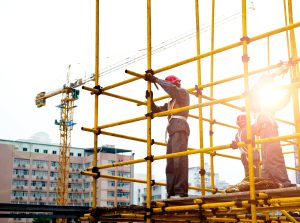Why Hiring Textile Factory Workers From Uganda Is The Best Choice For China
Table of Contents
Overview
At Explorer Dubai Ltd., we have the best workers in textile factories in China or any country worldwide. Our factory workers are the best there are in Uganda.
Our textile factory employees primarily operate and maintain the manufacturing line and any other machinery in your textile factory that may break down.
Sometimes, our Ugandan factory workers specialize in categories like tailoring, sewing, and dressmaking, all geared towards making extremely durable and fashionable fabrics for clothes and garments. But, on the whole, our cloth factory workers do all it takes to make the attractive clothes and garments we wear or see people wearing.
Generally, for any clothing that your company specializes in, count on us for the best factory workers.
Any owner of a cloth factory would delight in hiring workers who would take the business to greatness. However, close monitoring of these employees is essential to get the best results. This is why we come to your aid and recruit on your behalf.
Okay. When In China, What Do Ugandan Textile Factory Workers Do?
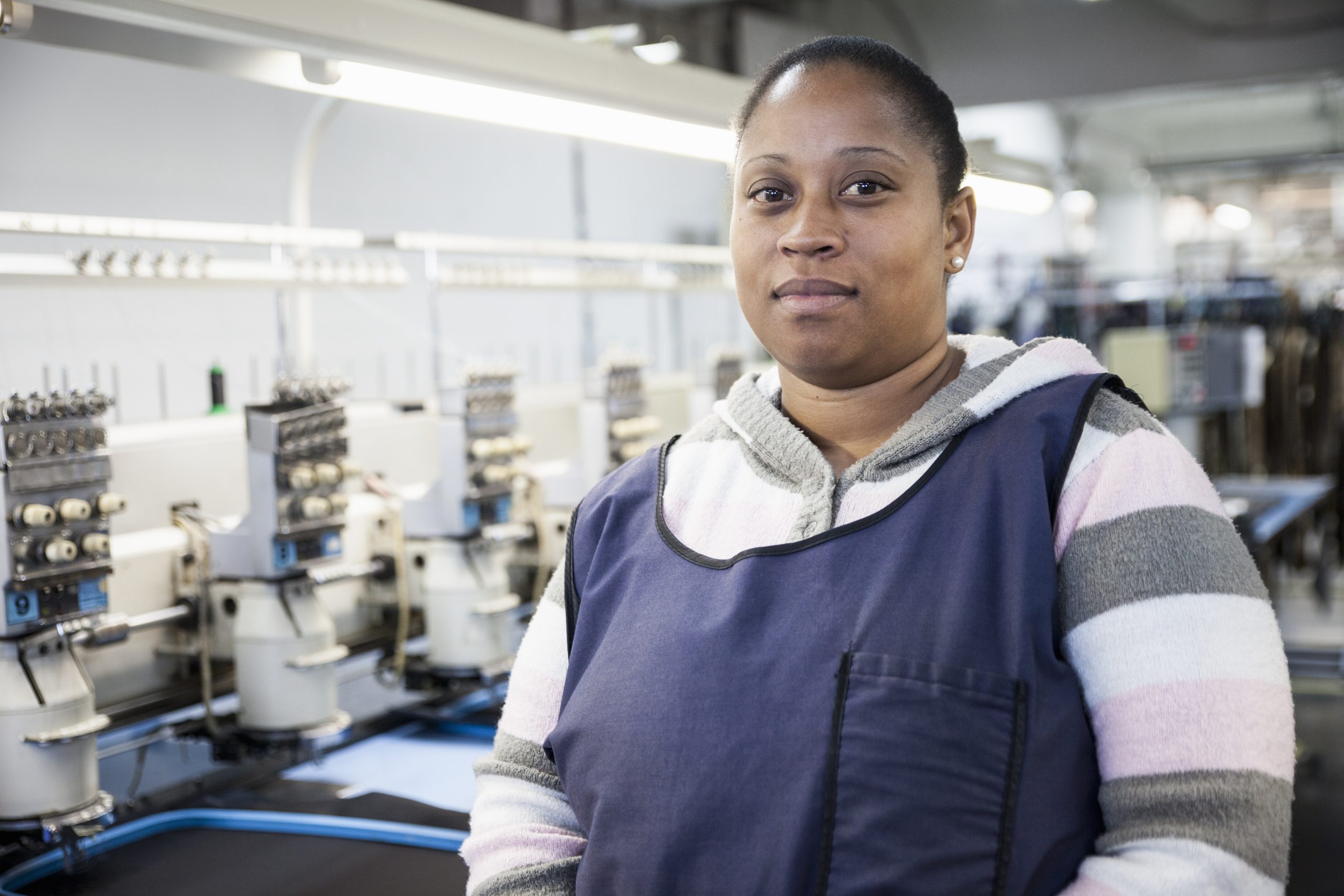
- A person who works in your textile factory, if you will. We refer to the factory where our clothing is made as the “textile factory.” Production and processing are where your cloth factory employees spend their days.
- They may focus on one or more of the textile arts, such as tailoring, sewing, or dressmaking, to create high-quality, stylish clothing and apparel.
- These jobs, which we’ve put into the following categories, are well within the abilities of the people who work in our garment factory.
- Machinists run a wide range of machinery. Therefore, an advanced education degree and relevant work experience are prerequisites for this position.
- Assemblers also referred to as general labourers, are responsible for the production and assembly of textiles (clothes and garments) (the merchandise of the textile company).
- Packagers are responsible for preparing finished textiles for shipment. Handlers are responsible for a wide variety of tasks, including but not limited to quality control checks, packing, loading and unloading containers, etc.
- In the fourth group, we have the repairmen and women who keep the factory’s machinery and tools functioning. In addition, they notify their superiors about broken or malfunctioning machinery so they can be given instructions on how to fix it.
Why Is That The Case If Ugandans Are So In Demand In China?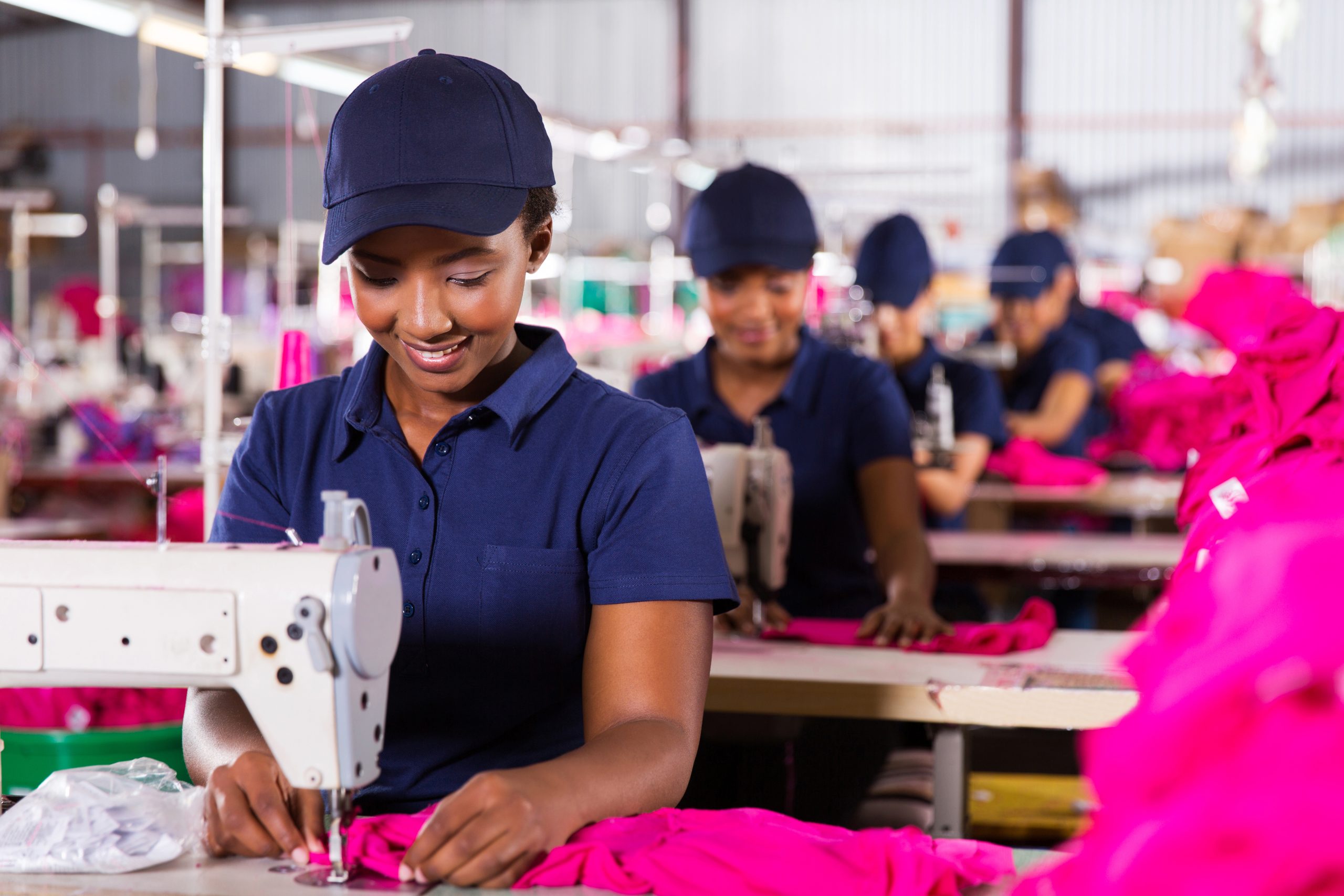
What makes Explorer Dubai Ltd. the best option is that we only hire factory workers who are qualified to work in a global context.
Strength And Vitality
All of the factory workers here are robust and active. They can function in various weather, including wind, rain, and sunshine. Since they are in good health, they can put in long shifts every day.
Superior In Ability And Knowledge.
All of the people who work in our garment factory know how to use the machines and tools that are needed to make clothes. Machinists, assemblers, and maintenance workers across the organization are no exception. That way, they’ll have an easier time running the machinery and tools in the factory and fixing them if they break.
Diligent And Prompt In Their Work.
Because of their reliability, production line workers from Uganda are in high demand in China. This will allow them to complete the tasks in as little time as possible while still being careful and dedicated to the job at hand. They take their time with their work to ensure everything runs smoothly in the factory.
Extremely Cautious
They have excellent hand-eye coordination and a high level of vigilance. The goal here is to make the factory, its machinery, and any sharp objects safer places to work. Therefore, workers in the textile industry are strongly encouraged to protect themselves from the dangers of their jobs by always donning protective gear such as goggles, boots, face masks, etc.
Motivated Individuals Who Work Well In A Team
They work well together as a team and perform well independently. Worker recruitment at textile mills typically occurs in large numbers. Therefore, it is appropriate to show tolerance toward one’s boss and coworkers.
Effective Stress-Controllers
Despite the hectic nature of factory work, our employees never show signs of exhaustion. They don’t grumble about trivial things like some other workers might. Even when they’re completely worn out from their jobs, they manage to keep their cool. This is one of the reasons why factory owners in China and elsewhere favour hiring Ugandan workers.
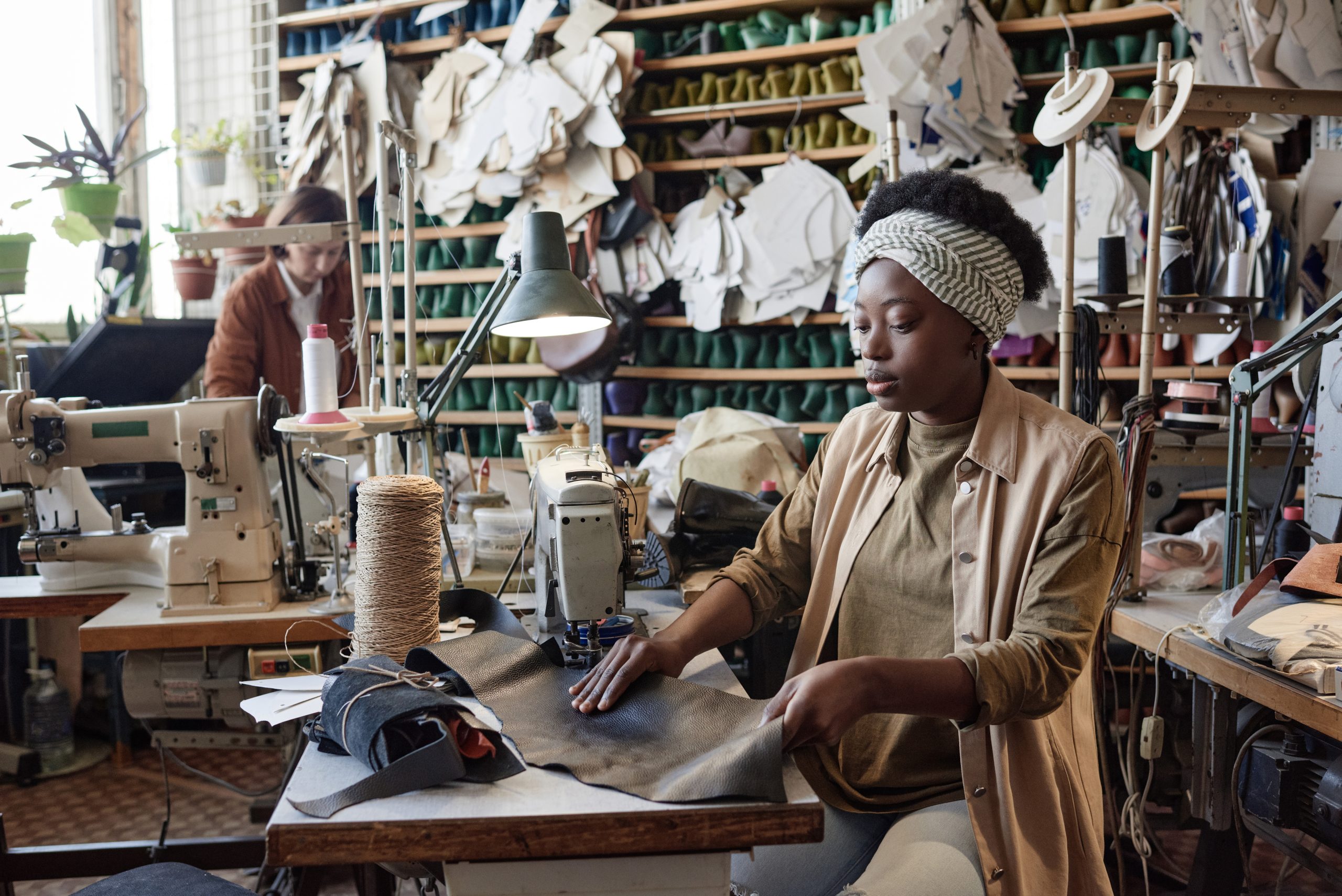
Successful Communicators
They have excellent communication and people skills. Therefore, being humble and polite when interacting with coworkers is wise. Our Ugandan factory workers are also eager to expand their linguistic horizons. As a result, they prioritize studying Arabic and other regional languages spoken in China. It makes things simpler in the factory.
In Order To Find Work In A China Textile Factory, You Will Require The Following.
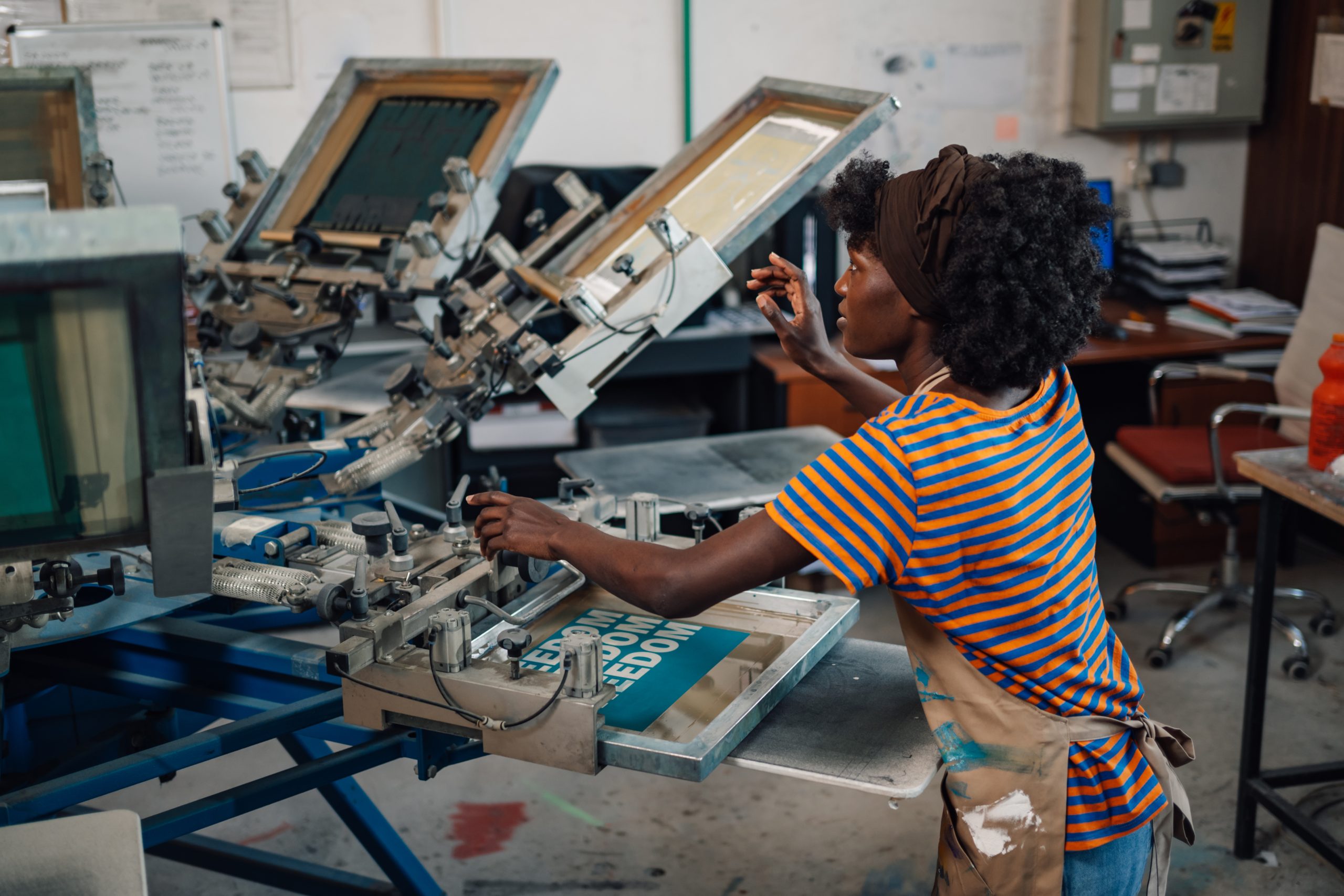
- You need to have completed the equivalent of at least one of the O levels or one of the A levels. Complex tasks, such as operating machines, necessitate training in driving and mechanics or in some engineering courses. UTC Kicwamba and UTC Kabale offer training (certificates and diplomas), while Makerere University and Kyambogo University both offer degrees in engineering.
- During your training, you will have to learn about the way people work in China and get the skills you need to work in a textile factory.
- Having excellent listening and talking skills is essential.
- You should be prepared to work for long periods of time.
- You should expect to put in extra time, even on days off. These times may occur in the wee hours of the morning or late at night.
- You need to be polite, engaging, and well-mannered.
- You need to be someone who thrives on being part of a tight-knit team that moves quickly.
Ten Weird Interesting Facts about Why Ugandan Workers Love To Work In China
Out Of Nearly 3,000 Submissions, The Chinese Flag Won.
The Chinese flag may not appear complex, but it was a clear winner in the competition. The design for the Chinese flag was selected from a whopping 2992 submissions, which is an interesting fact in and of itself.
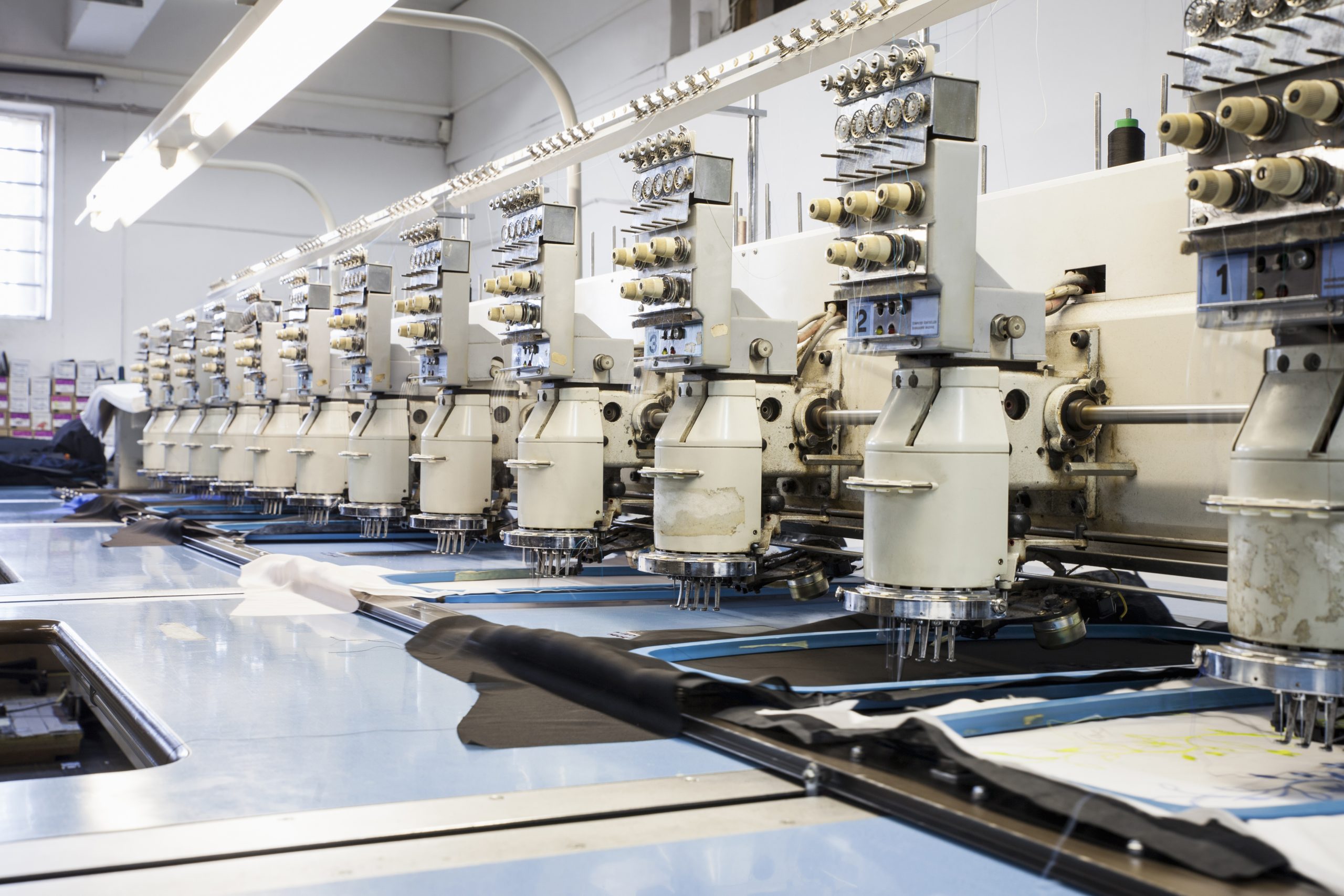
As a symbol of the Chinese Communist Revolution, red is used here. Meanwhile, the stars represent the solidarity of the Chinese nation.
As the four smaller stars orbit the larger central star, so should all of humanity. Powerful historical dynasties are also represented by the stars’ yellow hue.
The Chinese Invented Paper Currency.
In the seventh century, China was the first country to introduce paper currency. The event of historical significance took place during the Tang dynasty. Before paper money was introduced, Chinese currency consisted primarily of coins with a rectangular hole in the centre.
During the Yuan Dynasty in China, high inflation was also a problem. During that time period, a lot of paper money was printed and circulated.
China Is The Birthplace Of Football.
Considering China isn’t exactly known for its national football team, this may come as a bit of a surprise. Nonetheless, historical evidence suggests that football arrived in the UK over two millennia ago.
The earliest iteration of this game was a training tool for the military. The objective of the game was to kick a leather ball stuffed with feathers. The military camps and royal palaces both held competitions in high regard.
Of course, a lot of progress has been made in the game of football since then. Fans of the beautiful game can enjoy themselves by watching or participating in the FIFA World Cup.
However, Ping-Pong Did Not Originate In China.
In contrast, ping pong (also known as table tennis) is a popular sport in China. This may lead you to believe that the United States is responsible for the creation of the sport. That, however, is not the case.
The United Kingdom, not China, can claim the origin of this game. In 1901, ping pong was first played in China. Meanwhile, since 1953, this country has dominated this sport’s world championships.
It’s interesting to see how many Chinese immigrants have made their way onto national table tennis teams around the world.
Cooking, Not Eating, Was Done With Chopsticks.
Chopsticks are a typical eating implement at Chinese dining establishments. However, they weren’t initially consumed for food purposes. The majority of its useful life in Chinese households was spent as a kitchen utensil. Of course, proper chopsticks usage has developed over the centuries.
These days, it’s common for people all over Asia to eat with this. Before travelling to China or other Asian countries, it’s important to familiarize yourself with the proper chopstick techniques.
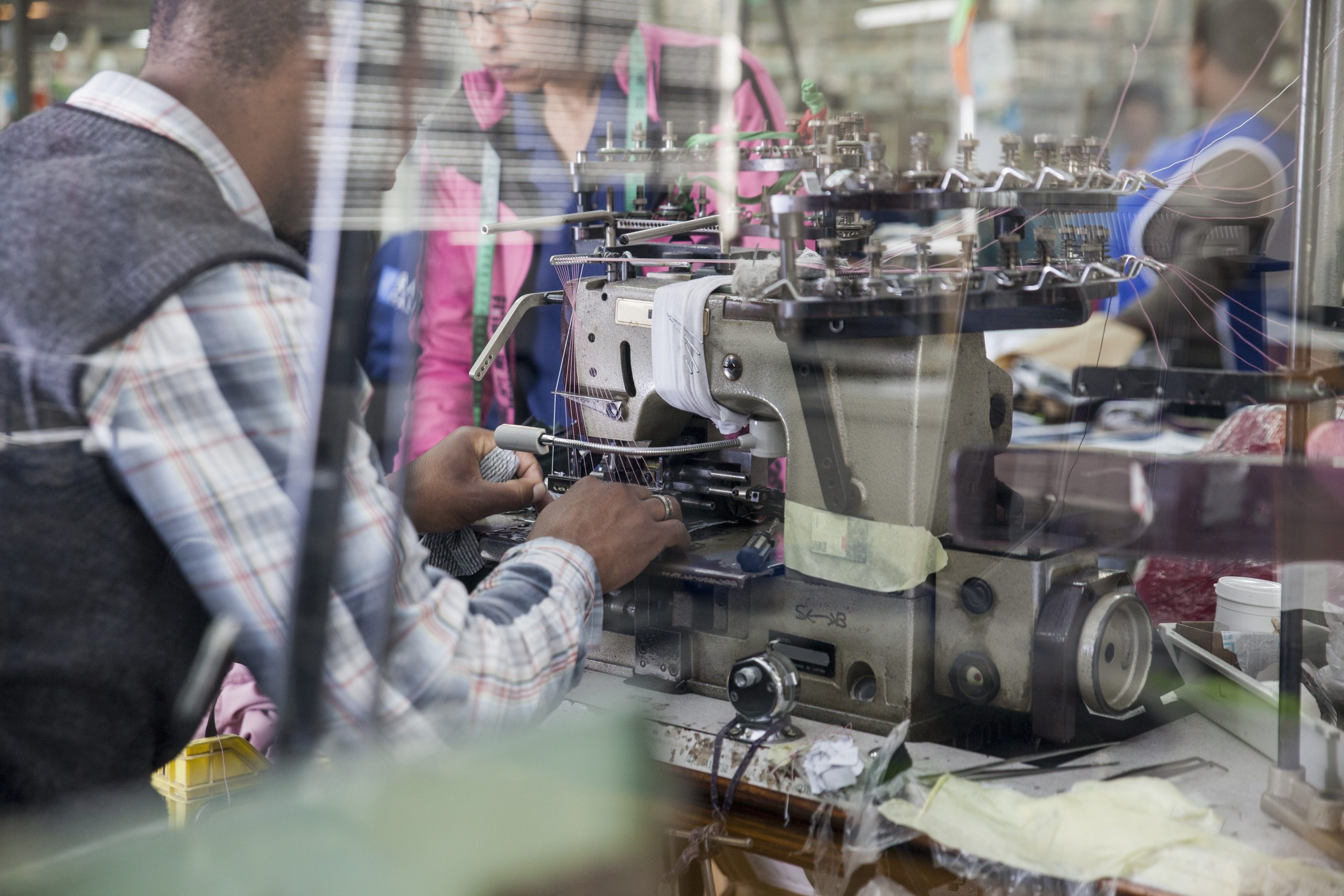
The Art Of Chinese Calligraphy Is Highly Esteemed.
In a lot of places, artists are looked down upon and not taken seriously. This view of Chinese calligraphy, however, is not shared within China. The influence of this art form can be seen all over the country, and it is held in high regard.
The art of Chinese calligraphy encompasses much more than just ink stones and seal carvings. Of course, the process of making such art can be difficult and time-consuming.
The 56 Minority Groups In China
The Chinese government recognizes 56 ethnic groups. The Han people make up the bulk of China’s population. This ethnic group accounts for 92% of China’s population.
Keep in mind that every single ethnic group has their own set of traditions that must be respected. Their language may be distinct from that of other Chinese communities. The minority groups have very distinct social norms and cultural practices.
Most Important Is The Family
The importance of family is a cornerstone of Chinese society. It’s what makes this country special. Parents would rather keep their children at home than see them move out, as is the norm in the West.
Sometimes a person’s success can be traced back to their ability to unite their loved ones at home. In China, this bond is considered extremely valuable and is rarely if ever forgotten.
In China, regular family gatherings are a time for bonding and socializing with extended family. That’s why it’s important to treat Chinese people’s families with dignity and respect.
In Chinese Culture, Dragons Are Not Symbols Of Danger.
Because of their appearance and their destructive potential, dragons are feared by many. The Chinese, however, do not share this opinion. In fact, dragons are seen as lucky in Chinese culture.
Interesting fact: in China, dragons are revered as symbols of power and good fortune. This is why parades of people dressed as dragons are common during Chinese New Year and other festivals celebrating the Year of the Dragon.
China Devours All Cuisines
The use of allegedly “weird” ingredients in Chinese cuisine is a point of contention. Some of the most well-known Chinese dishes include rats, snakes, dogs, and many other animals that are rarely eaten.
You shouldn’t let this put you off Chinese food because there is a wide range of “normal” dishes available. The country’s vast territories and regions contribute to its reputation as a culinary powerhouse.
One of the most well-known staples of the Chinese diet is rice. However, fortune cookies are not a traditional Chinese food. It is commonly believed that they originated in China. But these particular biscuits can be traced back to San Francisco.
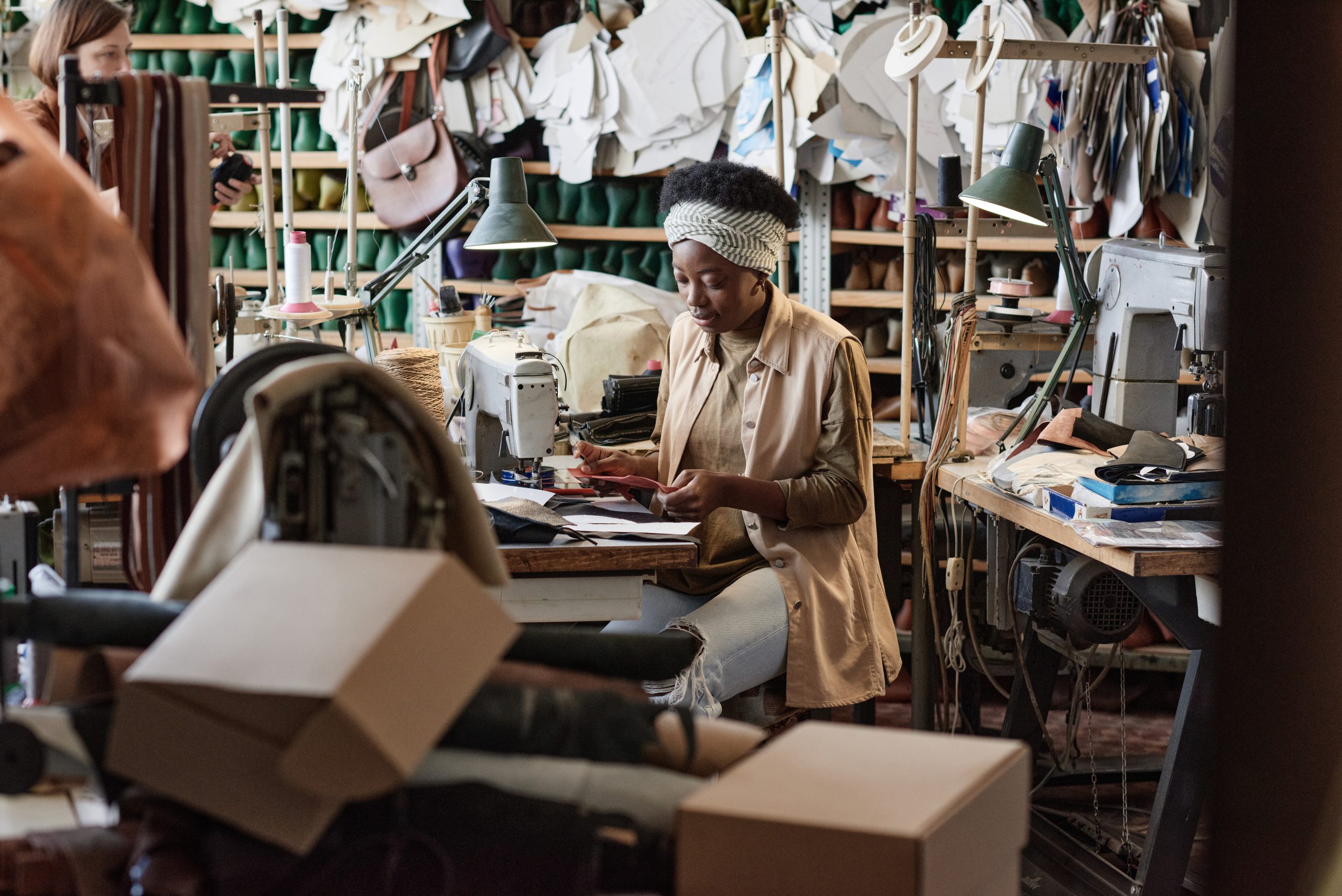
The Chinese Have A Fear Of The Number Four
For various reasons, including religion, many Chinese people hold strong superstitious beliefs. The superstition that the number four brings bad luck is high on their list of core beliefs. This is why most people won’t call it.
In common usage, this number represents the Chinese word for “death.” This is why consumers rarely buy in multiples of four. The value in a red envelope will never be 4. Because of this superstition, they might also avoid going up to the fourth floor of a building.
There Is No Larger Man-Made Structure Than China’s Great Wall.
When travelling through China, the Great Wall is often a must-see attraction for tourists. The fact that the landmark was entirely constructed by humans is an intriguing fact in and of itself. It is a historic and architectural marvel.
Keep in mind that this building is just one of many tourist destinations in China. There are plenty of other interesting places to see across the country.
Every Five Days, A New Supertall Is Erected.
The fact that China adds a new skyscraper every five days is one of the country’s most fascinating statistics. That’s equivalent to 73 brand-new buildings appearing in the country each and every year. China’s government invests heavily in the construction of iconic landmarks to attract tourists and serve other needs as the country’s economy expands.
One of the best things about these skyscrapers is the new vantage point they provide over a given city. These structures might also house special indoor recreational opportunities.
Why Should You Hire Explorer Dubai Ltd. for Textile Factory Workers in China?
At Explorer Dubai Ltd we pride ourselves on understanding our client’s concerns. We go above and beyond to ensure their safety and well-being. Here’s why we are always a step ahead of other Uganda recruitment agencies for Textile Factory Workers for China facilities:
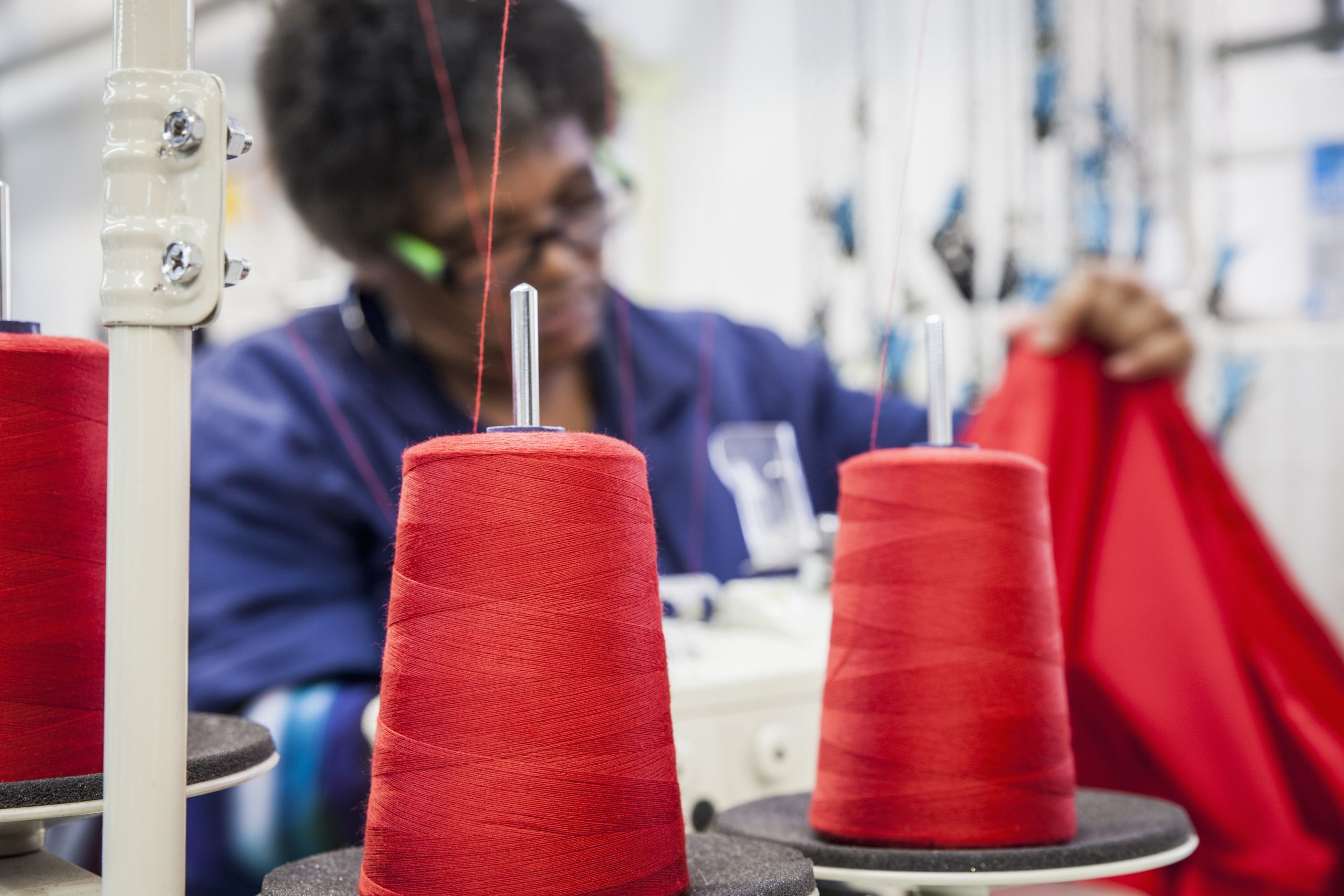
- We have a long and successful experience in providing qualified and experienced Textile Factory Workers to China homes and offices.
- We offer a hassle-free and cost-effective service.
- We are dedicated to finding the best match between the Textile Factory Worker and the job at hand.
- We have a proven track record of successful placements.
- We offer a personal and professional service.
- We provide the best quality service.
- We offer the most competitive rates.
- We have a good reputation.
What Our Clients Say
[grw id=892]
How Does Our Three-Step Recruitment Process Work?
The three easy processes that China employers take to hire Ugandan labour here at our company are:
- The First Step
- The Second Step
- The Final Step
Make an appointment right away for your free consultation! Or
Don’t hesitate to get in touch with us today or
WhatsApp or simply
Book Online
- Remember to give us your demand specifics, including:
- The necessary number of staff members
- The date by which you require them
- The country of the worker’s final destination.
- The workers’ salary range.
- The age, experience and academic requirements
- Basic medical tests to be done
We guarantee an immediate response, and if that’s not feasible, one within the next twelve hours.
We will provide you with twice as many resumes as the minimum required for selection.
We will schedule candidates interview in accordance with your preference, which will consist of either:
A physical interview. During this, we will assist in the organization of your accommodation and interview location; Or
An interview conducted through Skype
We are going to get the appropriate clearances from the government.
You will receive the Ugandan workers right at the Airport of your choice!
Our Guarantee
At Explorer Dubai Ltd we’re confident that you’ll appreciate our Textile Factory Worker professionals. We also offer a 3-month performance guarantee and will replace any Textile Factory Worker that doesn’t meet your expectations for free. Our Textile Factory Workers are professionals that have become a necessity for our clients over the years overseas.
How Much Does It Cost?
We keep our recruitment ethical and completely free.
Nevertheless, we are quite familiar with the international migrant labour market because the criteria for workers in each country vary. We understand that each country’s labour requirements differ, and we are happy to discuss your specific needs in a one-on-one conversation.
Our goal is to provide superior services at an affordable price. We take great pride in providing services that are both low-cost and of the highest possible quality.
Get In Touch with Us
Regarding Textile Factory Worker professionals in China works, there are many factors to consider. But you can’t go wrong with Ugandan Textile Factory Worker if you’re looking for a reliable, efficient, cost-effective Textile Factory Worker. Their years of experience know how to handle any situation and always have your best interests at heart. So, consider a Textile Factory Worker for your work if you need a professional Textile Factory Worker.
Our Recruitment Top Secret
“Now, let me reveal this brand-new secret that everyone else is talking about! Finding a reliable Textile Factory Worker who can be relied on is a stressful process. We are at your service because we know that hiring a reliable Textile Factory Worker will allow you to focus on important activities. Hire a Ugandan Textile Factory Worker for your work or home care today! We have a very fast deployment pace!
Make an appointment right away for your free consultation! Or
Please contact us today or
WhatsApp right now? or
Book Online Tonight!


